Site Reliability Engineering Foundation
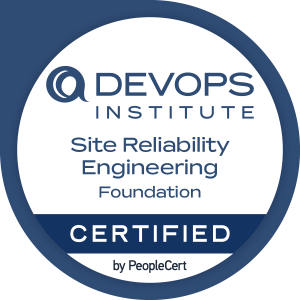
Emulate Google's practices!
Utilise software and automation to address problems and manage production systems by taking over duties that are traditionally performed by operations teams.
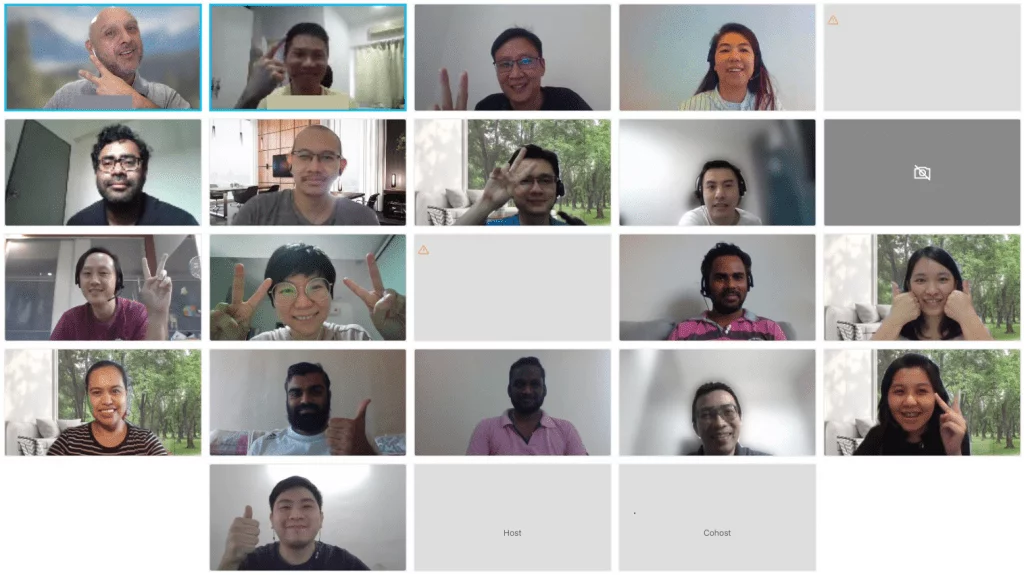
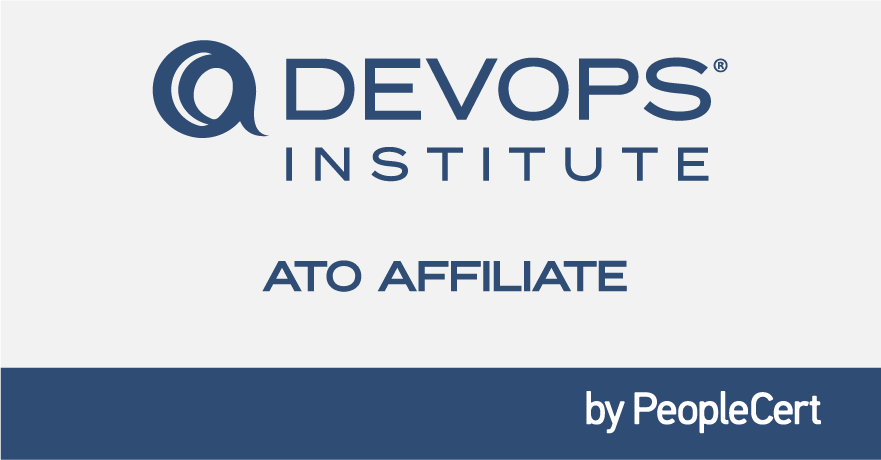
DEVOPS INSTITUTE® and the Swirl logo are registered trademarks of the Peoplecert Group. Used under licence from Peoplecert. All rights reserved.
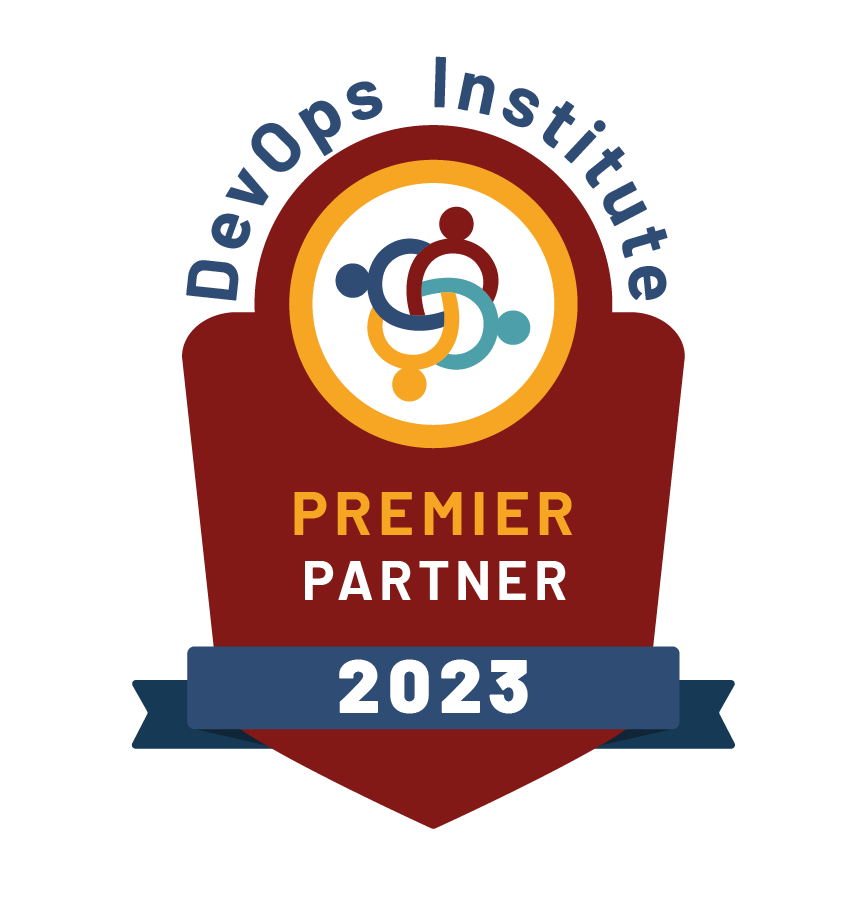
DevOps Premier Partner
Sapience's Accredited Trainers have gone through a vetting process with DevOps Institute, and official material will be provided.
Funding Available
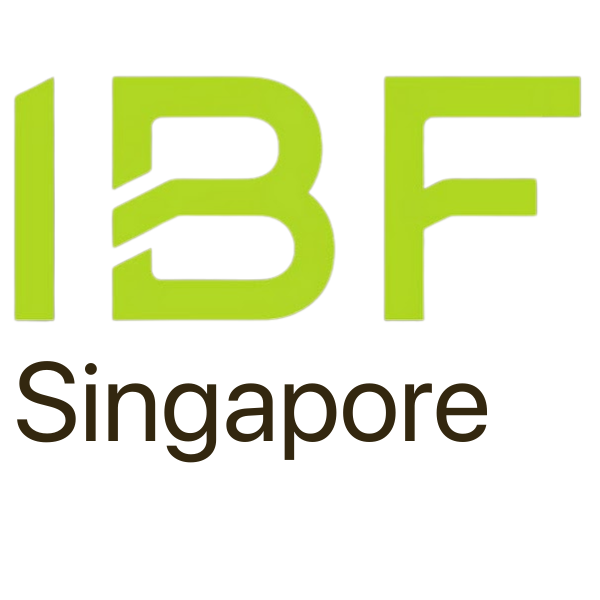
IBF Funding
IBF Funding
SkillsFuture Credit
SkillsFuture Credit
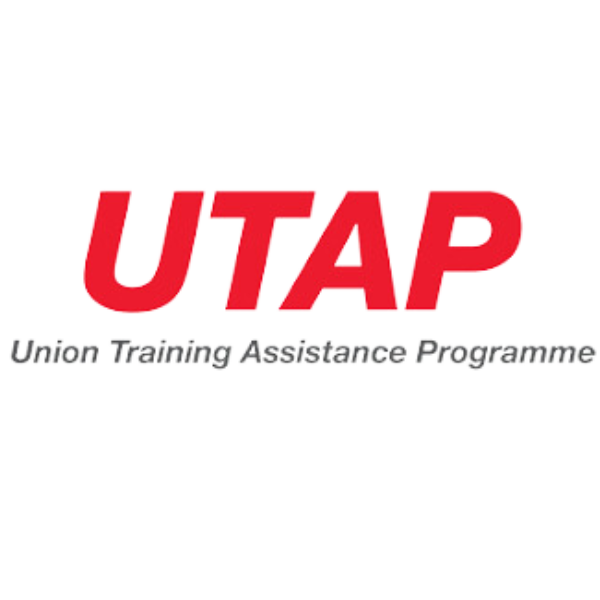
Supported by UTAP
Supported by UTAP
"The course is very good and informative. There is lots of takeaways, and if you are looking for learning of the SRE, this is the course you would be suggested to go."
"I've attended the SRE training with Feisal. With my current role in SRE/DevOps, i gained very useful insights about what SRE is all about. I am really impressed about the interaction between all the participants from different industry. I've expanded my horizon and in fact, i had created actionable points that will benefit me and my organization. My personal experience are all 5-star, on the trainer, content, duration, material and overall experience. Looking forward to attend future training and highly recommended to those who is growing their career in the SRE/DevOps space."
"Once again, great learning experience with Sapience. The Site-Reliability Engineer Foundation course was insightful. Kudos to Feisal for advocating engagement between participants during the class and facilitating discussion with real world guidance and application. Look forward to other courses provided by Sapience!"
Introduction
Site Reliability Engineering Foundation Preparatory Course (SREF)
IBF Funding Course ID: TGS-2022601490
Course duration: 3 days, 9am – 5pm
Introduces a range of practices for improving service reliability through a mixture of automation, working methods and organisational realignment. Tailored for those focused on large-scale service availability.
The SRE (Site Reliability Engineering) Foundation℠ course is an introduction to the principles & practices that enable an organisation to reliably and economically scale critical services. Introducing a site-reliability dimension requires organisational re-alignment, a new focus on engineering & automation, and the adoption of a range of new working paradigms.
The course highlights the evolution of SRE and its future direction, and equips participants with the practices, methods, and tools to engage people across the organisation involved in reliability and stability evidenced through the use of real-life scenarios and case stories. Upon completion of the course, participants will have tangible takeaways to leverage when back in the office such as understanding, setting and tracking Service Level Objectives (SLO’s).
The course was developed by leveraging key SRE sources, engaging with thought-leaders in the SRE space and working with organisations embracing SRE to extract real-life best practices and has been designed to teach the key principles & practices necessary for starting SRE adoption.
This course positions learners to successfully complete the SRE Foundation certification exam.
- SRE Principles & Practices
- What is Site Reliability Engineering?
- SRE & DevOps: What is the Difference?
- SRE Principles & Practices
- Service Level Objectives & Error Budgets
- Service Level Objectives (SLO’s)
- Error Budgets
- Error Budget Policies
- Reducing Toil
- What is Toil?
- Why is Toil Bad?
- Doing Something About Toil
- Monitoring & Service Level Indicators
- Service Level Indicators (SLI’s)
- Monitoring
- Observability
- SRE Tools & Automation
- Automation Defined
- Automation Focus
- Hierarchy of Automation Types
- Secure Automation
- Automation Tools
- Anti-Fragility & Learning from Failure
- Why Learn from Failure
- Benefits of Anti-Fragility
- Shifting the Organisational Balance
- Organisational Impact of SRE
- Why Organisations Embrace SRE
- Patterns for SRE Adoption
- On-Call Necessities
- Blameless Post-Mortems
- SRE & Scale
- SRE, Other Frameworks, Trends
- SRE & Other Frameworks
- The Future.
On completion of this course, the following learning outcomes achieved will include the practical understanding of:
- The history of SRE and its emergence at Google
- The inter-relationship of SRE with DevOps and other popular frameworks
- The underlying principles behind SRE
- Service Level Objectives (SLO’s), Error budgets and the associated policies
- Service Level Indicators (SLI’s) and the modern monitoring landscape
- Toil and its effect on an organisation’s productivity
- Some practical steps that can help to eliminate toil
- Observability as something to indicate the health of a service
- SRE tools, automation techniques and the importance of security
- Anti-fragility, our approach to failure and failure testing
- The organisational impact that introducing SRE brings.
- Anyone starting or leading a move towards increased reliability
- Anyone interested in modern IT leadership and organisational change approaches
- Business Managers and Stakeholders
- Change Agents and Consultants
- DevOps Practitioners
- IT Directors, Managers and Team Leaders
- Product Owners and Scrum Masters
- Software and Site Reliablity Engineers
- System Integrators
- Tool Providers.
EXAMINATION FORMAT
- 40 Multiple Choice
- 1 mark per correct answer
- 26 marks required to pass (out of 40 available) – 65%
- Sixty minutes duration
- Web-based open-book exams.
Why Us?
Complimentary refresher
Participants can attend a complimentary refresher if they wish(1-year validity and subject to approval)
Post-training support
Should you have questions after the course, you may contact the trainer for assistance regarding course material
E-learning Portal Access
1 year access to our E-learning portal. Including: - E-books available for download - Official sample exam - Randomised quiz formulated by Sapience Trainers based on past examinations
Meet Your Trainer
Principal Consultant
Sapience Consulting
Senior Consultant
Sapience Consulting
Senior Consultant
Sapience Consulting
Senior Consultant
Sapience Consulting
Senior Consultant
Sapience Consulting
Consultant
Sapience Consulting





